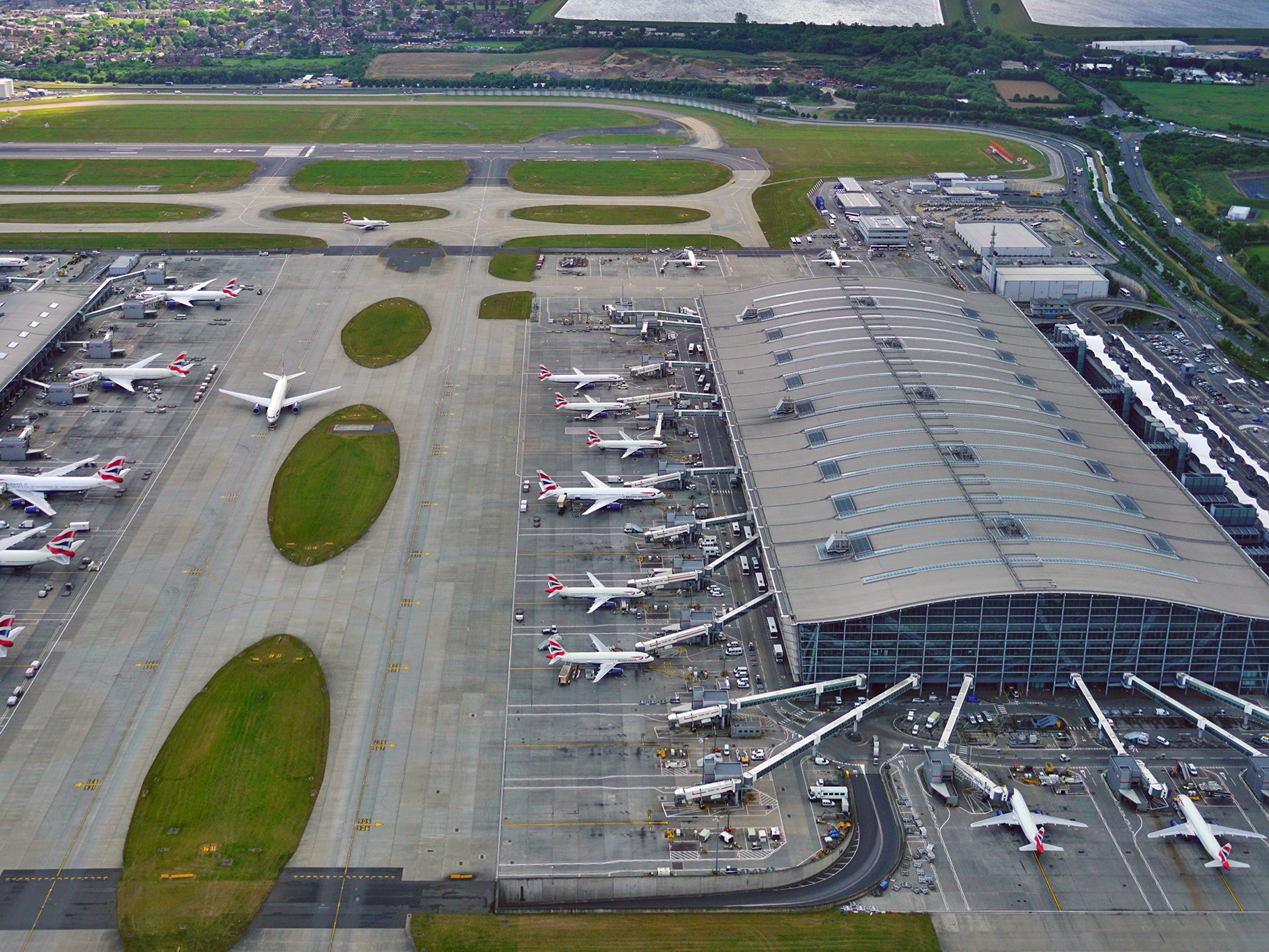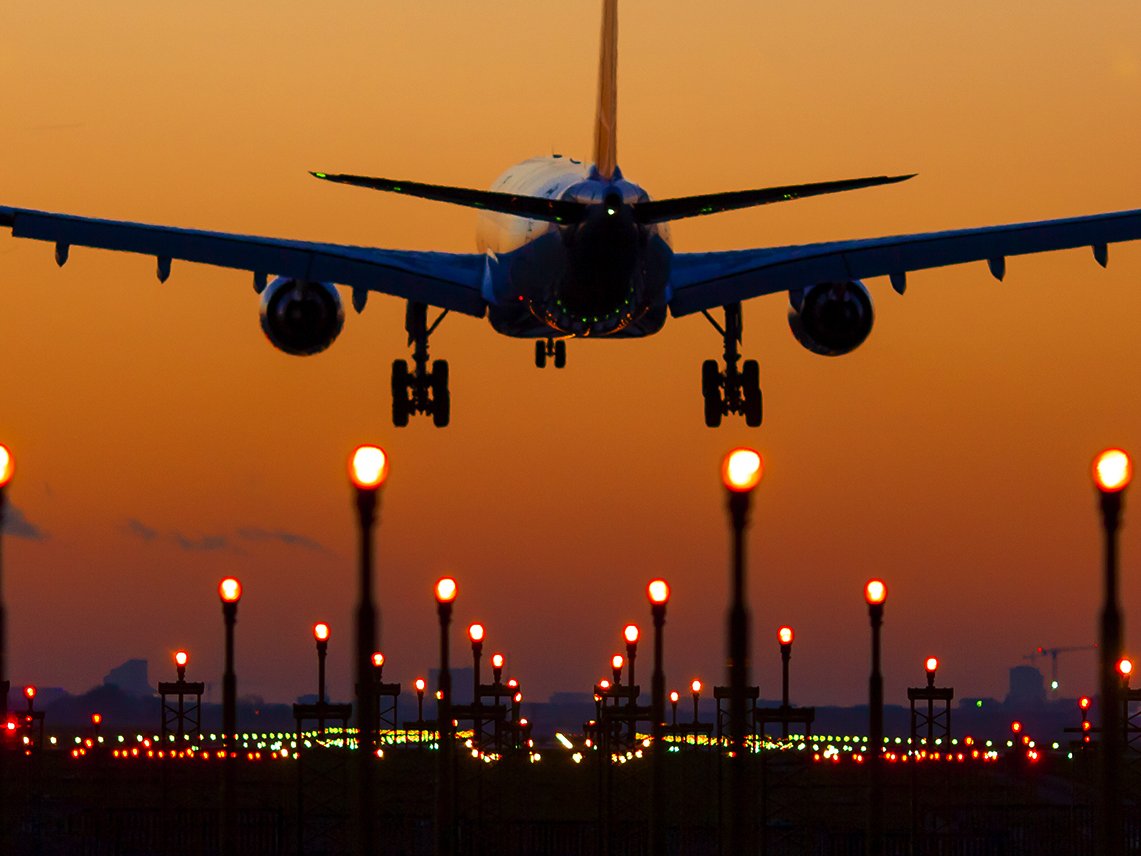Airport eyes zero-emission flights after hydrogen power tie-up
Birmingham Airport and ZeroAvia partner with aim of operating hydrogen-powered passenger services.
As net-zero targets go, Birmingham Airport’s 2033 deadline is highly ambitious, but a proposed partnership with ZeroAvia could put the travel hub well on its way to success.
The two companies have entered into a long-term partnership to make domestic zero-emission passenger flights a reality, along with on-airfield hydrogen refuelling; ZeroAvia successfully test flying an aircraft with a hydrogen-electric engine from its base in Kemble, Gloucestershire, earlier this year.
The firm is a leader in zero-emission technologies with their hydrogen-electric engines using the gas in fuel cells to generate the electricity that powers the electric motors to run the aircraft; the only emission being water.
The company plans to bring a zero-emission system that can operate a 20-seat aircraft flying 300 nautical miles on the market sometime in 2025. Future plans include a system capable of powering an 80-seat aircraft flying up to 1,000 miles by 2027 – allowing zero-emission flights from the UK to European holiday destinations.
“We are thrilled to partner with ZeroAvia on creating solutions to the main challenge of our generation – protecting the future of our planet,” said Simon Richards, chief finance and sustainability officer at Birmingham Airport.
“We could, quite conceivably, see the first hydrogen-powered domestic passenger flight taking off from BHX (Birmingham Airport) in the UK in the next few years. That’s mind-blowing.”












